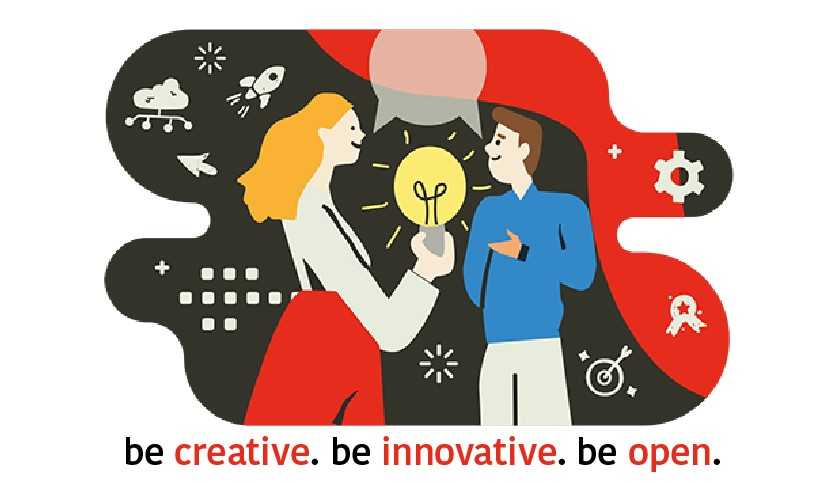MILAN – On October 20th in Milan, at the Mico of FieraMilanoCity, Simonelli Group received the prize SMAU for Innovation. The prize acknowledges companies, administrations, and entities that chose the road to open innovation collaborating with businesses or start-ups. The award ceremony happened on the two-day SMAU, a leading event for the national and international innovation ecosystem and is the primary platform for business matching in Italy.
Other than receiving the SMAU Innovation prize, Simonelli Group presented its case study during the Smau Live Show. “In an industry where individual energy certifications do not exist, we gave ourselves a precise goal: each new professional coffee machine created must consume less energy, limit emissions, and reduce the environmental impact respecting the philosophy less is more” – reminds Mauro Parrini, Chief Operating Officer of Simonelli Group.
Parrini, who was present at the SMAU live show, underlines how sustainability is “one of the most important goals regarding the research undertaken by the company.” The Simonelli Group approach is widely committed to the entire coffee production chain.
It translated into a series of concrete and targeted actions that guarantee sustainability on an environmental, economic, and social form.
The first sustainable initiative the company brought forward regarded the Belforte Del Chienti plant. It has been studied and then built to take the most advantage of the sun’s energy during the entire day, and since 2005 is equipped with a complete solar panel system.
“Even if a unified certification system does not exist for professional coffee machines – continues Parrini – in Simonelli, we developed particular attention in the evaluation of the environmental impact on the entire machine’s life cycle to define critical life cycle phases and possible editing interventions (eco-design, etc.).” Thanks to the study on the coffee machine’s life cycle (Standardized Life Cycle Assessment method), it has emerged that the 95-98% of CO2 produced concerns the energy used in bars to make coffee and cappuccinos.
“The machines must be designed to be even more effective in terms of energy efficiency, life cycle, and emissions. Distinctly, using materials that reduce heat dispersions, and with technologies such as T.E.R.S. (Thermal Energy Recovery System) that recuperates the excess heat found in the dispensed coffee water and uses it to preheat the entering water in the system, we can reduce consumption – about 8% only with T.E.R.S. – all while optimizing the machine’s performance.”
This type of productive approach allowed Simonelli – and future wise – to reduce costs and wastes, with substantial benefits for the environment and client budget.


















